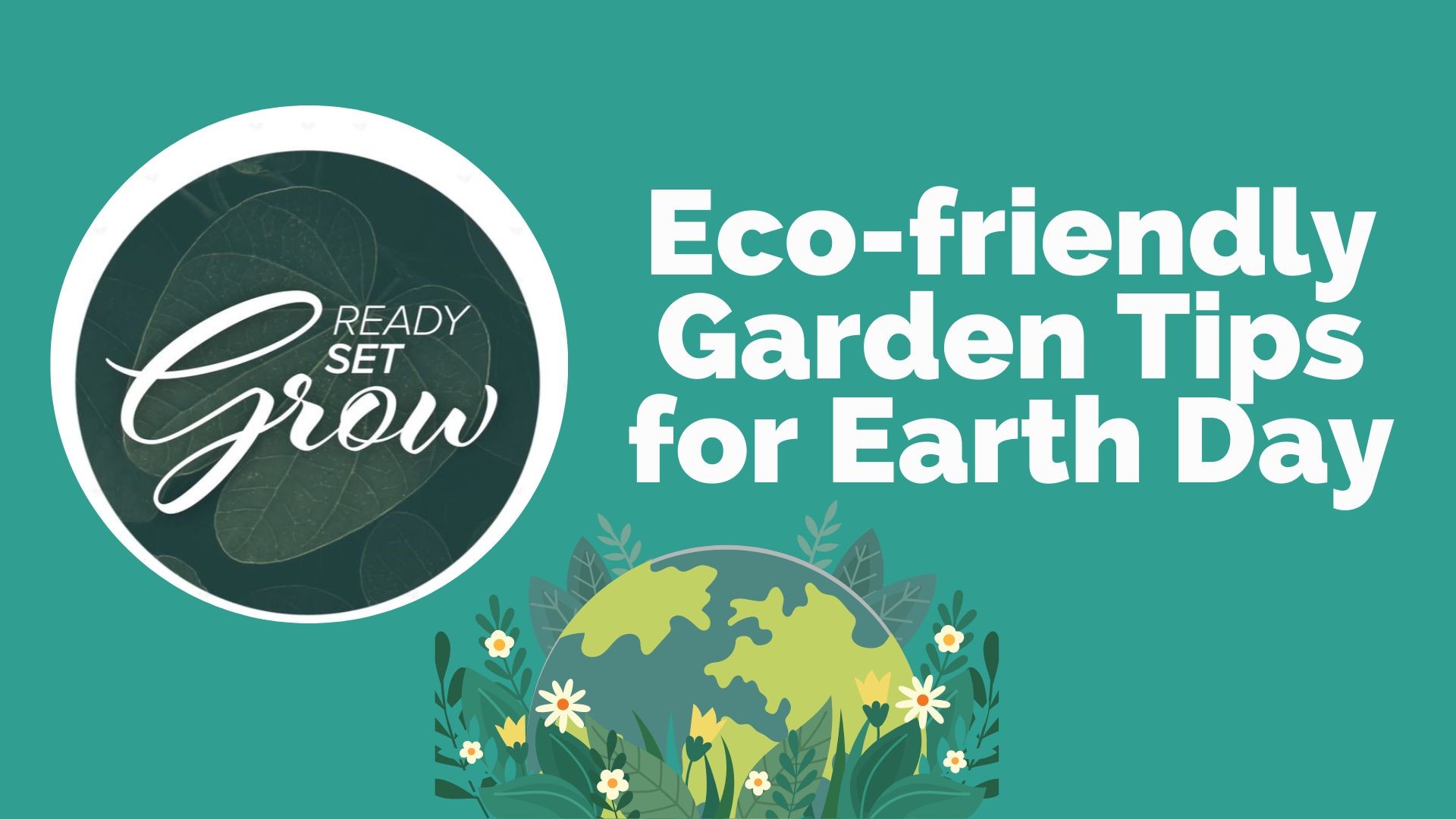DES MOINES, Iowa — On a chilly April morning in Des Moines, the promise of spring still seems far away. But as Monika Owczarski walks through her garden, she finds beauty in the cycle of life, death and rebirth the season brings.
Owczarski operates Sweet Tooth Farm, an urban garden in Des Moines that provides fresh, free produce to food pantries and community fridges.
At one point, the farm leased almost two acres of land for its operation. Then, in the summer of 2021, the city of Des Moines changed its policies allowing the use of city space for garden use. Owczarski was forced to scale back operations.
"Land that we had been nourishing and pouring into for years was suddenly gone," she said.
Sweet Tooth Farm adapted, continuing to grow fresh, chemical-free produce and giving it back to the community. But Owczarski knew the farm needed another way to move forward.
The idea for creating a compost service grew organically. For years, Owczarski fielded questions on how community members could start composting, or if they could drop their food scraps off at her house.
While some cities have comprehensive municipal compost services, Des Moines isn't among them. The Metro Waste Authority's "Compost It!" program is limited to yard waste, such as leaves and lawn clippings. Other compostable materials, including food waste, are not accepted.
“I find that [people] want to make steps in their personal lives to live more sustainably, and when the mechanism isn’t there for them to plug into, it leaves them with no options," Owczarski said.
The Environmental Protection Agency reports up to 40% of the U.S. food supply is never eaten. In addition, food comprises 24.1% of solid waste in landfills.
Through Owczarski's work with The Supply Hive, a mutual aid organization conducting food rescues, she's seen the effects of these statistics firsthand.
“It’s frightening how much excess and how much waste we produce," Owczarski said. "And so the idea of diverting even a portion of that out of landfills and out of creating more pollution, I think is really exciting for us too.”
With all of this in mind, Sweet Tooth Farm launched plans for a comprehensive, subscription-based compost service in early April. Subscriptions will officially go into effect on Wednesday, May 1.
Here's how it works.
Sweet Tooth Farm offers three subscription tiers at various price points, including options for food waste pick-up or drop-off. When customers purchase a subscription, they'll receive a compost bucket from Sweet Tooth Farm.
Subscribers who choose the drop-off option will receive instructions and an address on where to drop off their compostable items. Meanwhile, subscribers who choose the monthly or bi-weekly pick-up subscriptions will have their food waste picked up at their designated time.
From there, Sweet Tooth Farm will take the compostable materials and turn them into, you guessed it, compost. When the compost is ready, subscribers will be able to purchase the compost for use in their own gardens.
By operating as a subscription-based service, Sweet Tooth Farm is able to meet residents where they're at in their sustainability journeys.
"We don't want to make sustainability another hard piece in your day," she said. "We want to make it easy."
While subscriptions officially begin Wednesday, Owczarski already has high hopes for the future. She hopes as the program grows larger, Sweet Tooth Farm will be able to subsidize some free subscriptions to make the service available to more people.
“There’s just a lot of opportunities to make the space larger, and have it be more accessible and available to more people," Owczarski said.
Owczarski acknowledges it might take some people time to get into a rhythm, but taking the step to create a more sustainable future is well worth it.
“I believe in my community," she said. ".... We actually can lead the way if we’re brave enough to do it."
After all, Owczarski says, composting is another example of the cycle of life, death and rebirth.
"Whether it be springtime, or the onions I found yesterday that survived the winter, [or] the compost pile that I was at, life finds a way through the death, through the rot, through decomposition," she said. "And I think that's really beautiful."
Des Moines residents can subscribe to Sweet Tooth Farm's composting service here. Businesses or other institutions that are interested in hosting drop-off stations can reach out here or contact sweettoothfarm.dsm@gmail.com.

